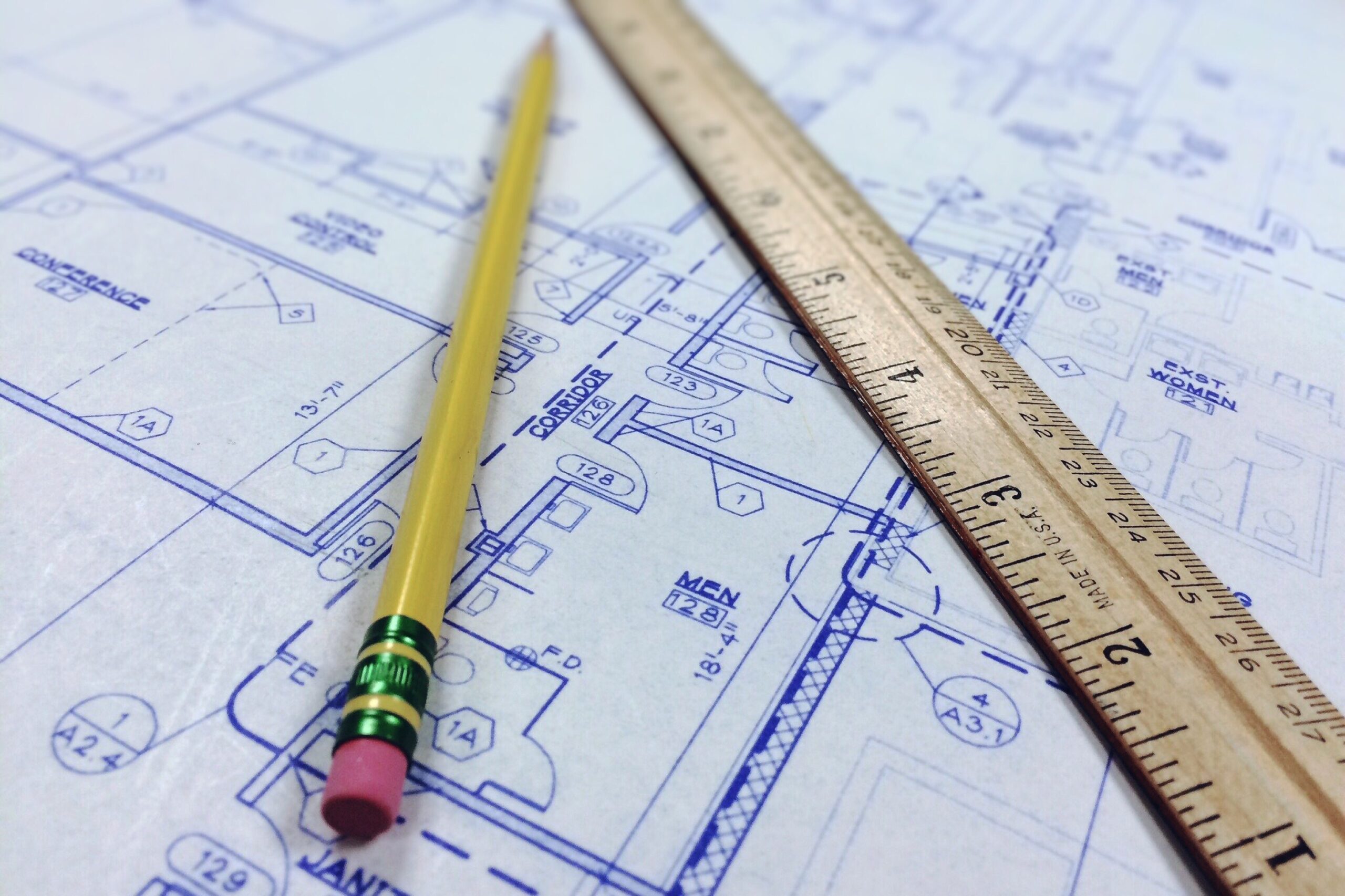Departmental analysis shows rate rose from 5% to 5.2% in 2019/20
Credit: Greg Plominski from Pixabay
HM Revenue and Customs has confirmed an increase in the amount of unpaid tax for the 2019-20 financial year, bucking a trend of decreasing losses to the national coffers.
Its latest Measuring Tax Gaps publication estimates that £35bn in owed tax was unpaid in 2019-20, representing a 5.3% of the total tax revenue. The figure is a £2bn increase on the previous year’s figures, when the so-called “tax gap” was estimated at a flat 5%.
HMRC said the expansion of the tax gap came after a decade and a half of reductions that had seen it fall from 7.5% in 2005-6 to a “relatively stable” level for the past four years. It said the economic impact of the coronavirus pandemic was not expected to be reflected until figures for 2020-21 were published next year.
The department said that despite the widening tax gap it had seen a year-on-year increase in tax revenue and that more than £633.4bn had been paid in tax in 2019-20.
HMRC permanent secretary Jim Harra said it was clear that the vast majority of taxpayers were paying the correct amount of tax, which was crucial to fund public services.
Related content
- HMRC gets £280m Budget boost to improve tech and tackle fraud
- HMRC offers two days of homeworking each week in standard contract
- HMRC seeks ops head for anti-fraud unit
“It is encouraging to see such a large proportion of businesses and individuals meeting their tax obligations,” he said. “We want to help everyone get their tax right, which will help fund our vital public services like the NHS and emergency services.”
HMRC said that unpaid Value Added Tax accounted for more than one-third of the total projected tax gap for 2019-20 at £12.3bn. It said the figure represented 8.4% of the total believed to be owed for the period, but cautioned that estimates of the VAT gap were often revised.
The department said small businesses were responsible for just under half of the gap, while “wealthy customers” accounted for around 4% of it. HMRC defines wealthy individuals as having income of £200,000 or more, or assets in excess of £2m. It said individuals not defined as “wealthy customers” were responsible for 7% of the 2019-20 tax gap.
It added that tax avoidance was only estimated to be behind 4% of the tax gap, with a “failure to take reasonable care” on the part of those making declarations the single-biggest cause cause – responsible for 19%.
The full publication can be read here.



